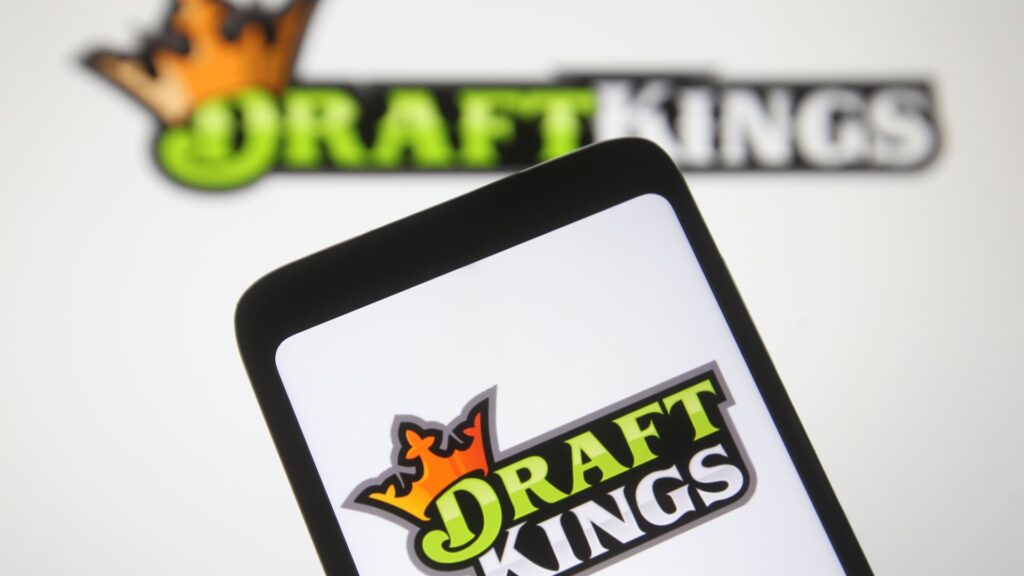
CNBC’s Jim Cramer on Friday explained why he thinks there could be an opportunity to buy DraftKings following the stock’s recent losses, saying competition from online prediction markets isn’t a major threat to business.
“I’m not backing away from this stock. I think the prediction market fears are overblown here, so if you don’t already own any DraftKings, I’m telling you, you’ve got my blessing right here to put on a small position,” he said. “Beyond that, let’s suspend judgment until they report at the end of the month.”
DraftKings reported a solid quarter back in August, but its stock has retreated more than 20% from its September highs. Cramer suggested DraftKings and its sports betting peers face a challenge from online prediction markets, namely Polymarket and Kalshi. These platforms let users bet against each other on a wide swath of events — from sports to political outcomes to who will be named Time’s person of the year.
According to Cramer, prediction markets’ lack of regulation is their most significant advantage. While traditional sportsbooks like DraftKings are heavily regulated by the states where they operate, prediction markets are treated more like a stock exchange, Cramer said. Prediction markets don’t need to navigate state-by-state licenses because their business is not recognized as gambling, he continued. Cramer noted that while DraftKings is fighting for licenses in a few densely-populated states, people there are already allowed to bet on sports through prediction markets.
But Cramer said he thinks DraftKings sellers might be overreacting to the threat of prediction markets. Prediction markets’ offerings are “pretty barebones” compared to that of DraftKings, he said. Cramer also suggested that because prediction markets do business in states where sports betting is still illegal, it’s not clear if they’re actually taking market share from DraftKings. He referenced an analyst note from Jeffries which said a substantial portion of Kalshi’s business is from Texas and California, two major markets where DraftKings does not operate.
Cramer also cited a report from Oppenheimer that said 40 to 50% of Kalshi’s volumes come from Robinhood, which indicates that much of their user base is new to sports betting. Oppenheimer analysts suggested that prediction markets might actually be a tailwind for sportsbooks in the future, as they could attract more users to sports betting who will eventually move on to platforms like DraftKings. They noted that this dynamic played out after ESPNBet launched and drew in consumers who ended up migrating to the more established names, DraftKings and Flutter‘s FanDuel.
Prediction markets currently face legal problems, Cramer said, with some involved in lawsuits from a number of states. He suggested these platforms might be subject to stricter regulations in the future,
“I don’t want to speculate on the outcome here, but you should be aware of the flimsy legality of the prediction market situation before you panic and sell DraftKings down here,” he said. “After all, there’s a reason why the online sportsbooks haven’t gotten into prediction markets — they’re probably worried that when the regulators finally come down on these platforms, they’ll come down hard.”
DraftKings declined to comment.


